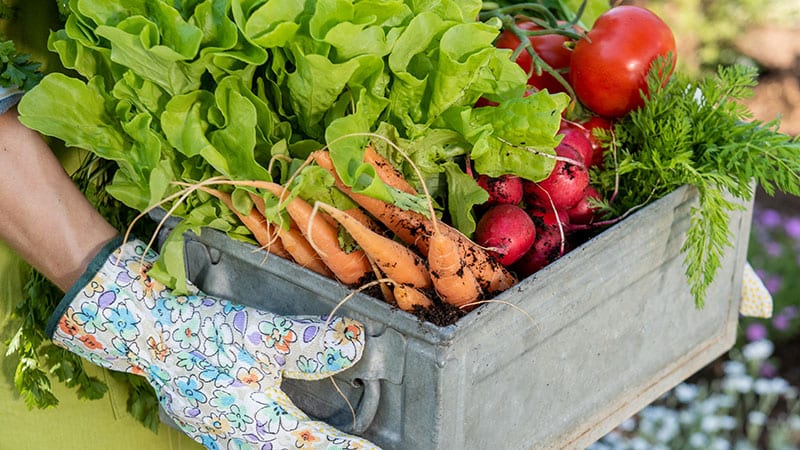Policy Report
By Aimee Simpson
This article was originally published in November 2019

Supporting organic certification — no exception
When most people talk about the challenge of organic certification, they tend to think first about the farmer. Rightfully so. Not only do organic farming methods require more labor, time and attention, but organic farmers must also go through a three-year transition period before any certification can be achieved. That means three years of organic production practices and all their labor and cost-intensive toils without the benefits of the organic label.
However, certification requirements don’t stop at the edge of the farm. That’s good, because contamination of organically produced foods can happen at any point in the food production system, especially in the processing and handling of food after it leaves the farm. And if contamination occurs, the efforts, choices and investments of farmers and consumers alike all suffer. Processors and handlers are also required to achieve organic certification in most cases, with a few exceptions—one of them being retailers.
If you are thinking, “Wait a minute, why don’t retailers have to do their part to ensure the integrity of organic foods?” you are not alone. This is one of the many reasons why in 2003 PCC voluntarily opted to become a certified organic retailer. It remains an uncommon step; PCC represents a substantial percentage of all certified organic retailers in Washington state.
Earlier this fall, our stores successfully underwent the annual inspections required under this certification. It was a unique opportunity to see how the regulations and laws that we here at PCC spend a lot of time trying to uphold and improve in the policy arena, translate on the ground. Everything is subject to review and scrutiny, including but not limited to meat-grinder cleaning records, invoice and certificate auditing, separated and labeled organic storage areas, pest control logs, and organic and non-organic ice wells behind the café counter.
Maintaining exhaustive records, developing protocols, training staff, and ensuring that these standards are followed at all times requires a continual investment of time and resources—a worthy one from PCC’s perspective as it helps to provide the organic integrity our customers and members expect. From an advocacy perspective, PCC’s voluntary role in the organically certified supply chain also helps us to better understand the challenges and successes of organic certification on the ground and on the page. It makes us value our organic producers’ efforts that much more and be able to encourage stronger standards and participation from all.
Aimee Simpson is PCC’s director of advocacy and product sustainability.
